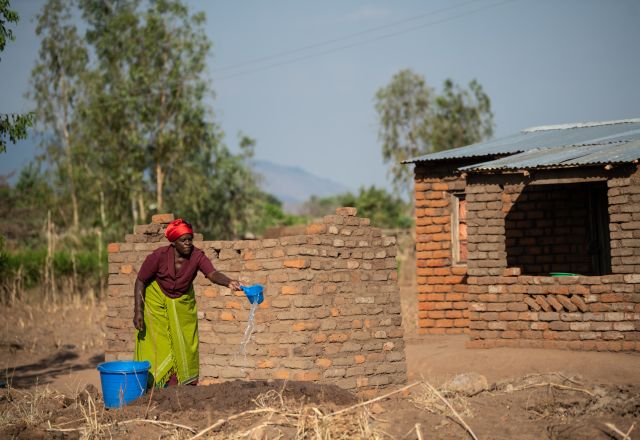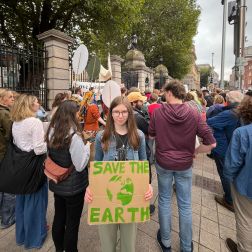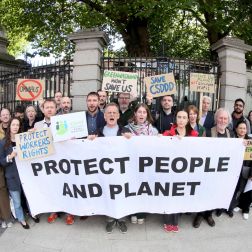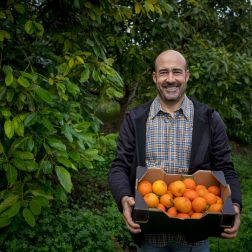
Last week, my family had nothing to eat for a full day and the following day we survived on porridge only
- 2 mins read time
- Published: 2nd September 2024
Southern Africa hunger crisis: Millions in need of humanitarian assistance
Malawi, Zambia, Zimbabwe and Mozambique have been battling drought, floods and cholera. Now millions of people need humanitarian assistance.
The dual crises of hunger and flooding are wreaking havoc on countries in Southern Africa. It's estimated that 13 million (15% of the total population) in the four countries are in crisis levels of hunger.
"This year has been harsh since all the crops that we planted have dried up and we now must find alternative means of survival"— says Eliza Anthony from Malawi, whose family home was washed away by the March 2023 Cyclone Freddy induced floods.
Despite contributing a tiny fraction of global carbon dioxide emissions, the region has become a climate disaster hotspot. Since 2018, Mozambique, which is responsible for only 0.2% of global emissions, has been hit by cyclones and tropical storms 20 times.
Extreme drought caused by El Nino (a climatic phenomenon involving fluctuating ocean temperatures), has damaged over two million hectares of crops in Zambia, Malawi and Central Mozambique. Malawi and Zambia declared a State of Disaster and Emergency. This is the fourth year since 2020 that Malawi has declared a state of disaster due to the impacts of extreme weather conditions.
These weather conditions have left people unable to cope, while their governments lack the resources to help them rebuild. Many people must sell their animals to buy food, and they are pushed further into poverty.
Oxfam in Southern Africa Programme Director, Machinda Marongwe, said climate financing is needed to build up practical and sustainable solutions for people.
‘‘We are a region in crisis and donors must immediately release resources to support vulnerable families to avert what could spiral into an unimaginable humanitarian situation. With all these countries facing multiple crises simultaneously, the urgency cannot be overstated.”
A report recently published by the United Nations Office for the Coordination of Humanitarian Affairs, said that Malawi, Zambia, Zimbabwe, Democratic Republic of Congo, Mozambique, Angola, Botswana and Namibia, received the lowest rainfall in at least 40 years, for the late January/February period.
Oxfam and partners have been working with other organisations and governments to strengthen national and community structures for disaster risk reduction.




